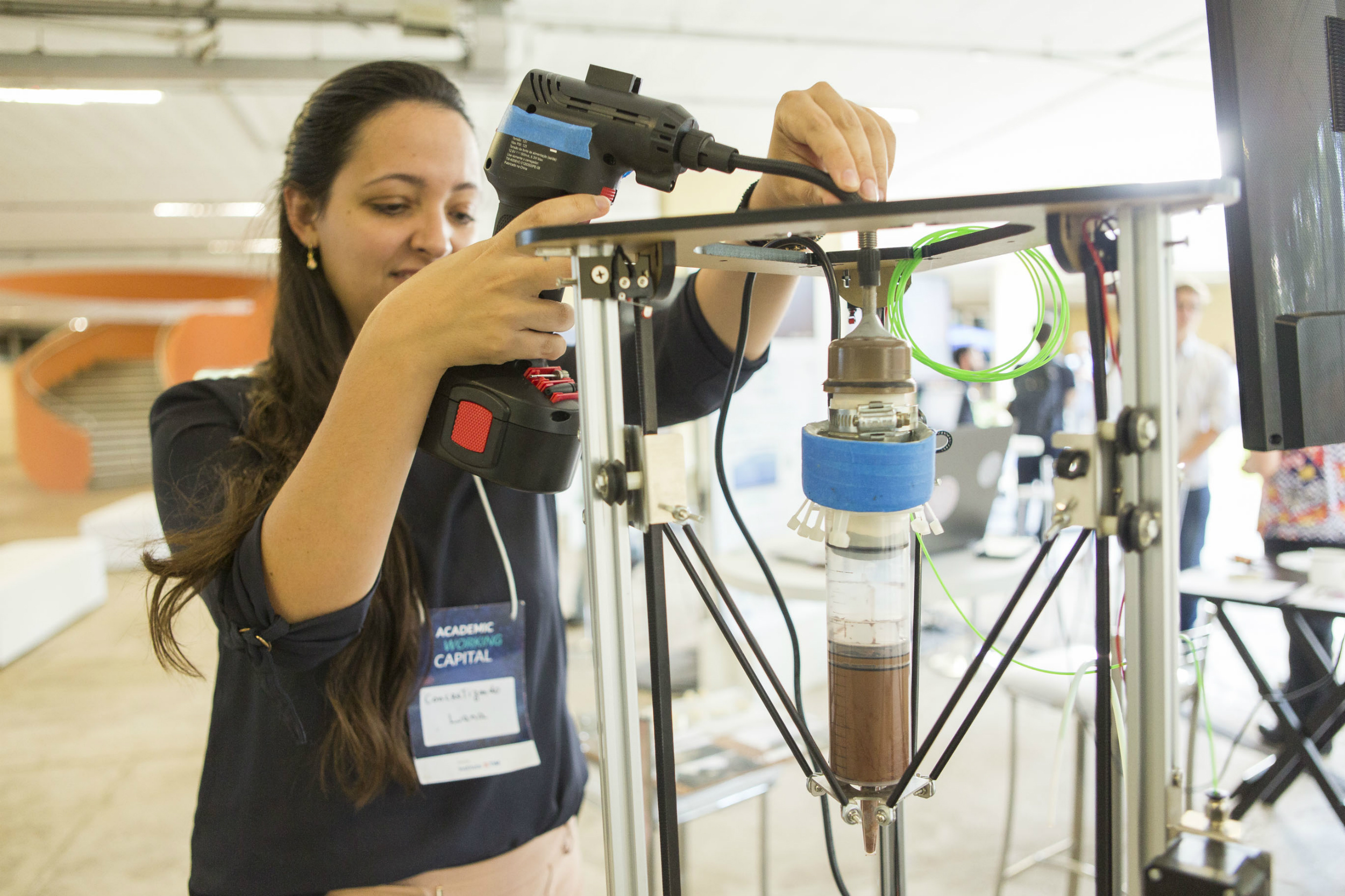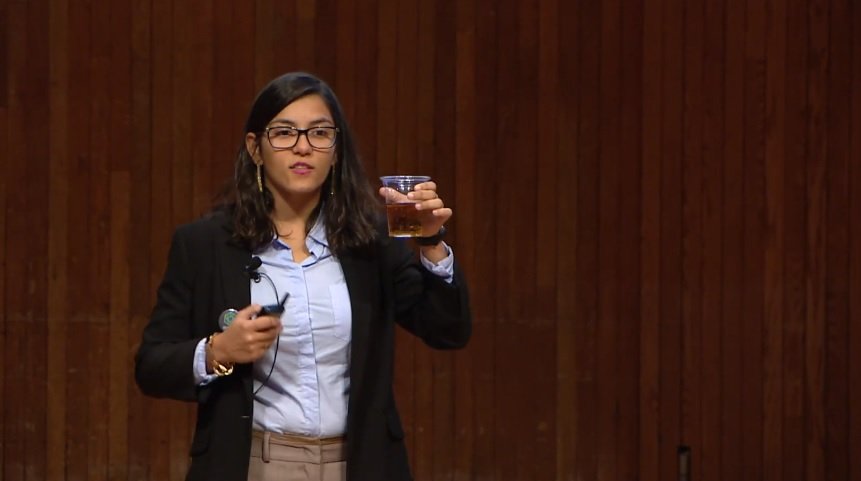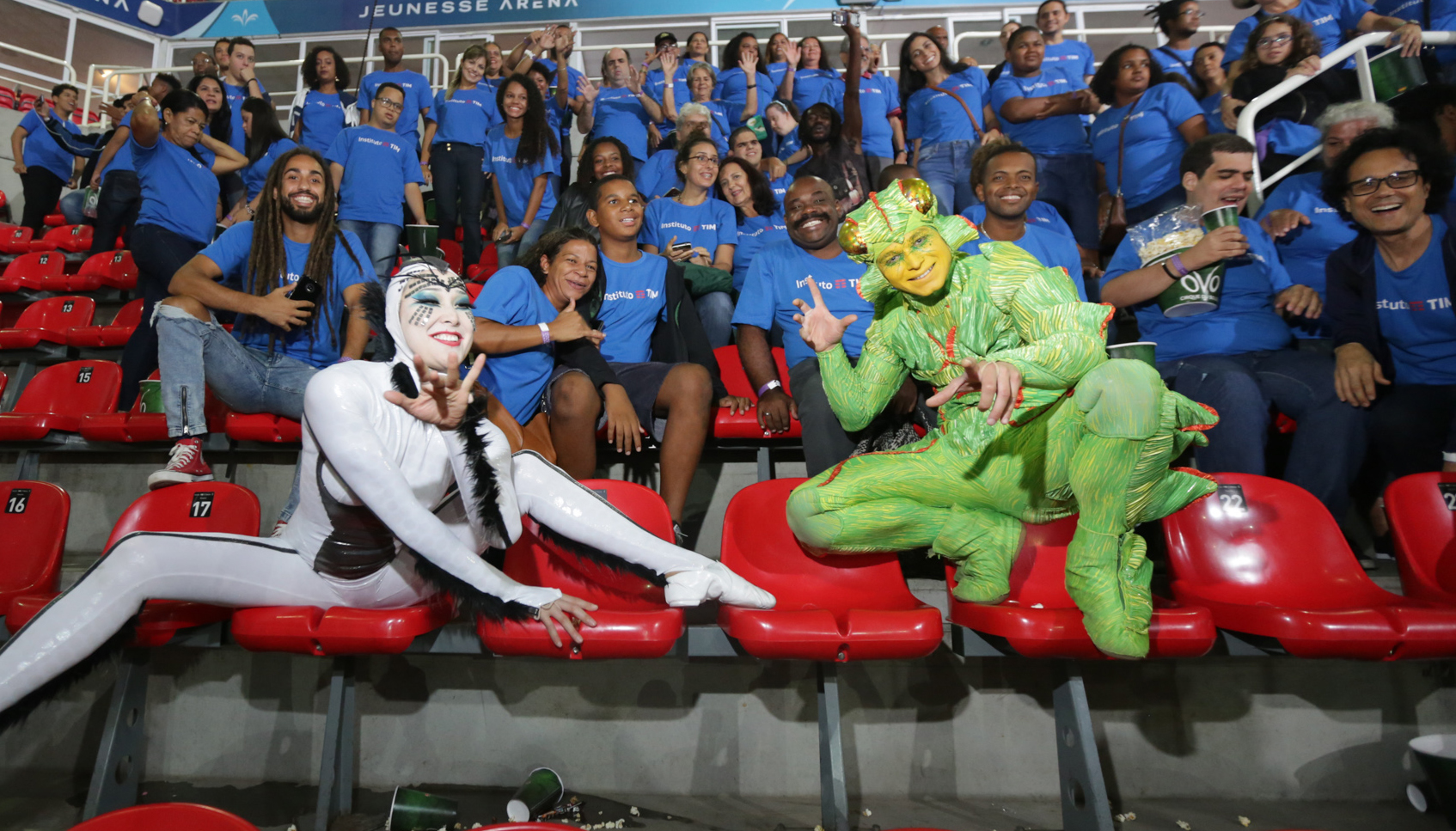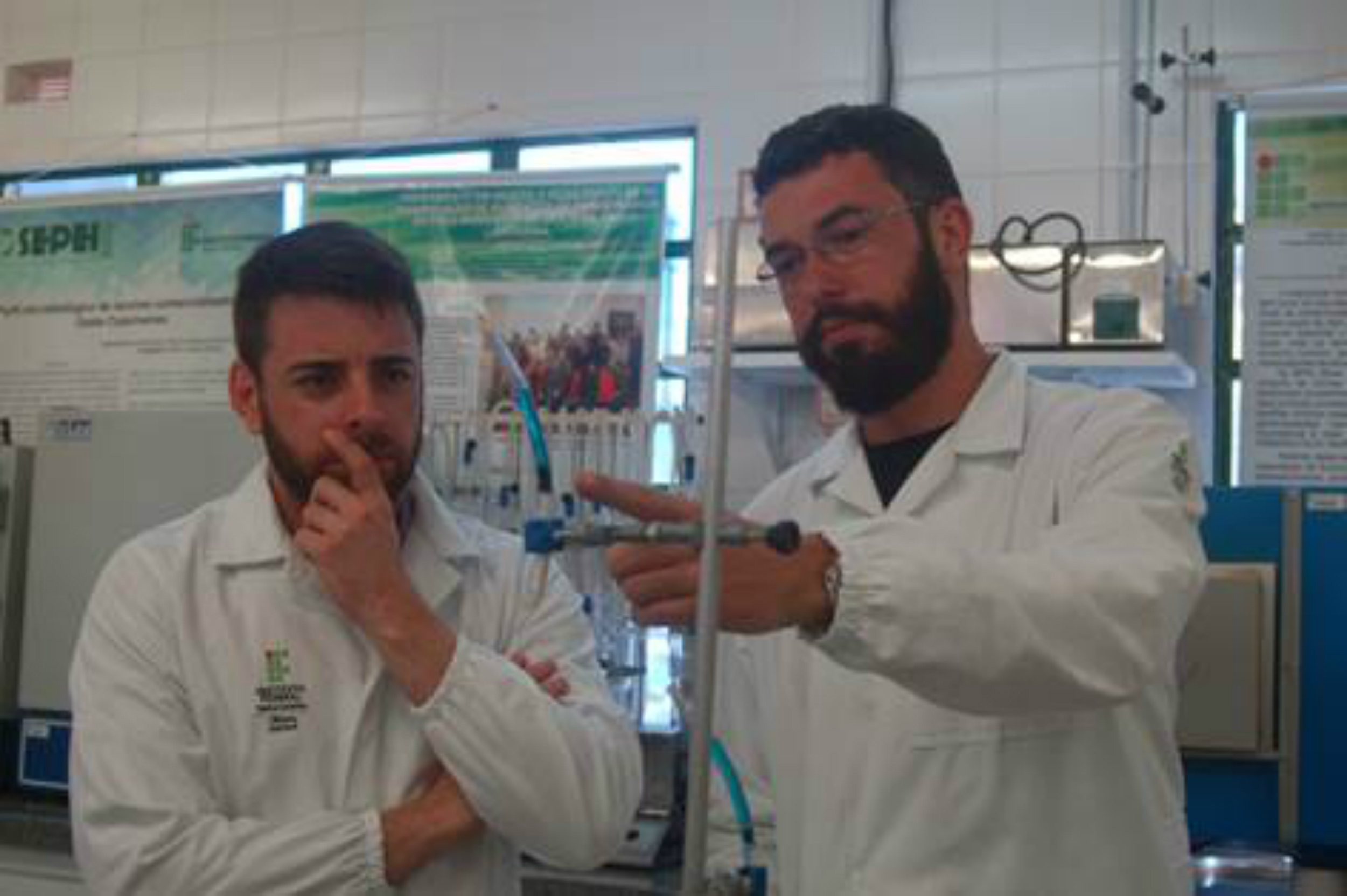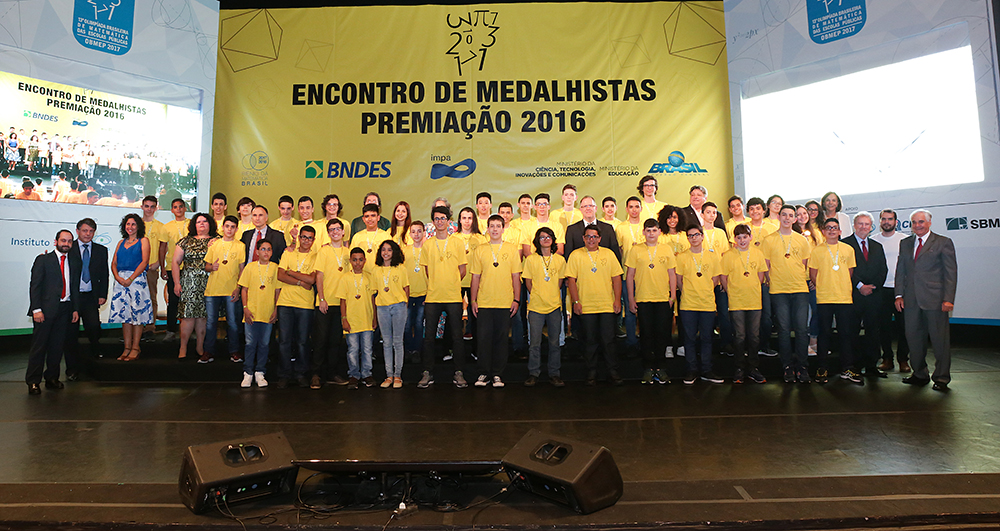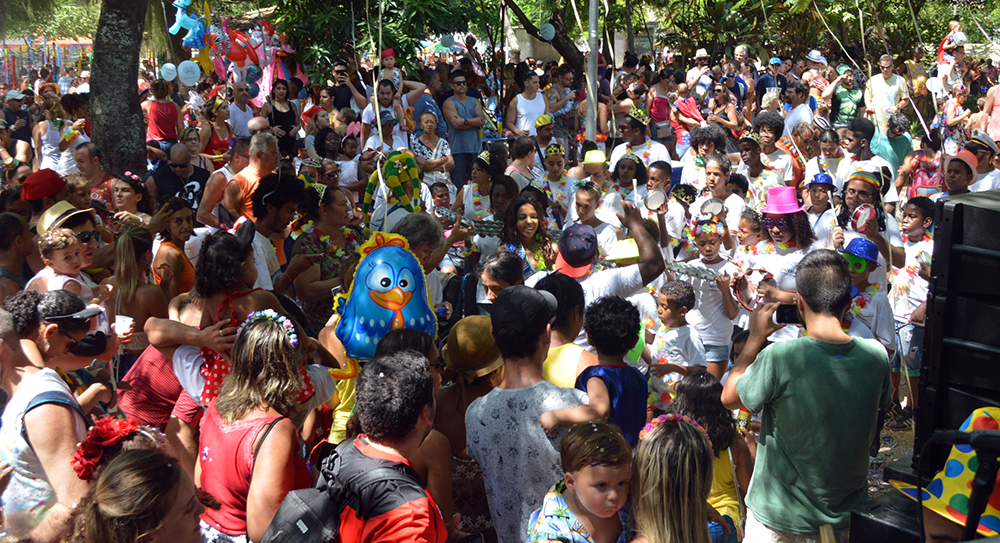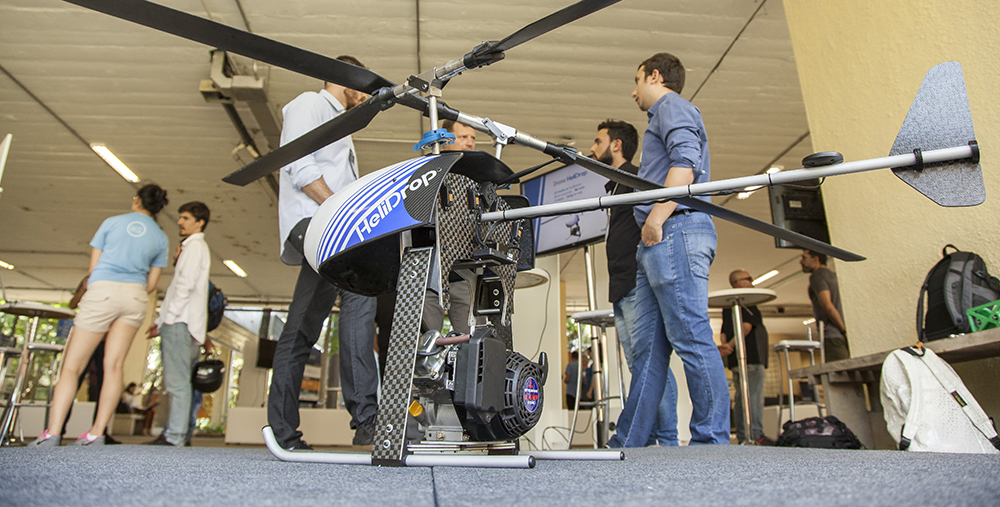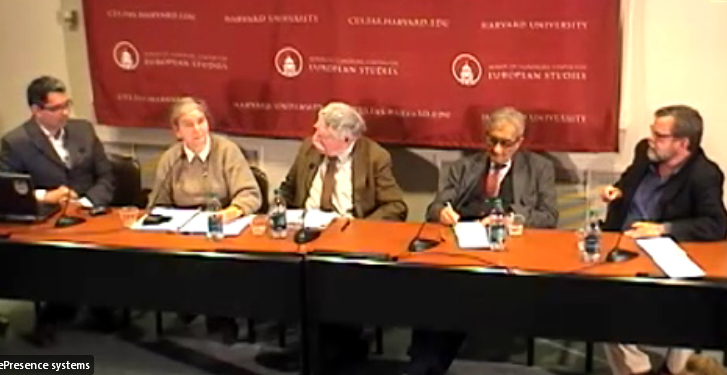
O Círculo da Matemática do Brasil was a subject of discussion in the webinar “Mathematics and Human Development”, held at Harvard University, United States, on October 22th. Educators Bob and Ellen Kaplan, creators of The Math Circle approach, professor Amartya Sen, Nobel Economics Prize laureate and one of the creators of the Human Development Index (HDI), and Stephen Kennedy, from the Mathematical Association of America, took part in the event. The webinar was open to the public from Harvard and was broadcasted in real time on the internet, where viewers from all over the world could watch it.
The discussion was mediated by economist Flavio Comim. He began by explaining that the experience of O Círculo da Matemática do Brasil showed that Mathematics can be a source of exclusion, as children who have difficulties with this subject are sometimes stigmatized. Bob and Ellen pointed out that most students find Math boring, and that many teachers transmit their fear of Mathematics to the students. On the other hand, The Math Circle approach works with the axiom “Tell me and I’ll forget, ask me and I’ll find out.” “We make our students face accessible challenges. The conversation begins with a mystery and ends with a wonder,” said Bob.
Amartya Sen recalled his own experience as a Math teacher in the 1950s, joking that he could not make his students understand that the subject was fantastic and helpful. Returning to the topic of the webinar, he recalled that economic development is linked to human development and listed examples of countries historically committed to education – Japan, South Korea, Taiwan, Hong Kong, Singapore and China. “Freedom comes with the skills to read, listen, understand instructions, things that come with Mathematics. In the development of humankind, Mathematics plays a major role,” he said.
The Nobel Prize in Economics in 1998 highlighted the involvement of peripheral countries in the development of Mathematics and Science. He pointed out how this field of knowledge is global by mentioning the contributions of India and Iran in the history of Mathematics, and the interaction between achievements of Europeans, Arabs and Indians. “What Mathematics does and can do for development is the ability to free one another, to learn from others,” he said. Professor Stephen Kennedy, a member of the Mathematical Association of America, closed the webinar indicated as a challenge for governments to create alternatives to reconcile the individual level approach of The Math Circle and the national development covered by Sen.
































































































